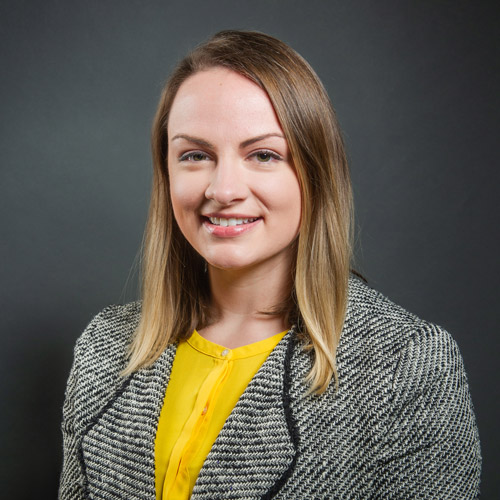Boston University Weekly COVID-19 Report: March 17 to 23
New coronavirus cases linked to students’ spring break travels, despite BU officially canceling the traditional week
Boston University publishes its COVID-19 testing data on a public-facing dashboard. Gloria Waters, BU vice president and associate provost for research, and Judy Platt, director of BU Student Health Services, provide a weekly update on the overall health of the BU community.
Between March 17 and 23, 41 students and 11 faculty and staff members tested positive for coronavirus at Boston University. The Brink asked Judy Platt and Gloria Waters to answer a few key questions on COVID-19 at BU.
Q&A
With Gloria Waters and Judy Platt
The Brink: Where are the latest COVID cases at BU coming from?
Platt: Even though spring break was canceled, students can still choose to travel. In the last few days of case investigations and contact tracing, we are starting to see more positive COVID test results linked to “spring break” travel. Yesterday, we discovered a few new cases linked to a Florida trip that several students took together. We know that some people have traveled in groups and have been mixing with people outside their household, and as we all know very well by now in the pandemic, these are the behaviors that are associated with new COVID infections. This is why BU has a stay-in-place advisory when students return to campus.
Waters: There were many more people than usual lined up on Monday for COVID testing at the Kilachand Center location.
Platt: On Monday, 5,437 submitted samples, a bump up from the average, which is around 4,000 daily. That’s a good sign that people are getting extra tests. BU’s stay-in-place advisory, which goes into effect when students return from intersession, is also applicable to times when students travel back to campus from a trip to New York or from spring break in Florida. You need three repeat negative tests before you start interacting with other people again.
The Brink: How long will it take for BU to see the full impact of any spring break travel that students did?
Platt: You can have a COVID cluster that can keep spurring new cases for months if people don’t stop and think about the interactions they are having. It can take 10 to 14 days to see the full effect [COVID tests turning positive] of people interacting with one another. F*ck It Won’t Cut It has put out some really good harm-reduction messages for our community. The idea is, if you’re going to break your bubble and interact with people outside your household, don’t break your bubble more than once every five days and keep up with your COVID testing. Those back-to-back interactions with different people, before COVID tests have a chance to detect an infection, are what can cause clusters to take off and cause an issue.
The Brink: Overall, how’s BU doing COVID-wise?
Waters: The COVID numbers are really a bit of a roller coaster. On Sunday, BU’s Clinical Testing Lab detected three new positive results for COVID, a record low for the semester. Yesterday, they identified 16 positives—so the day-to-day numbers are not stable.
Platt: It’s so positive to see that COVID cases had declined in the city of Boston and around the country, but many states are starting to see increases in their daily case rates. And on our campus, our COVID test results are not yet down to single-digit positives—that is something we’d ideally like to see. At the state and city level, it’s good news that cases are waning, but it’s definitely not yet time for everyone to let their guard down.
Waters: It’s important to note that because of the age of our population at BU—the majority of our people are college students—only a small percentage of our community has been fully vaccinated. But that will hopefully change very soon, when Massachusetts opens up vaccine eligibility to anyone over the age of 16 on April 19.
Gloria Waters has spearheaded teams of BU scientists in their development and deployment of a campus-wide COVID-19 testing program and mathematical modeling of community behavior. Judy Platt, chair of BU’s Medical Advisory Group, oversees clinical management and isolation of students and employees who test positive for coronavirus, and helps manage BU’s contact tracing efforts. They are co-chairs of BU’s Vaccine Preparedness Group, which is overseeing the distribution of COVID-19 vaccines allocated to BU by the Massachusetts Department of Public Health.

Comments & Discussion
Boston University moderates comments to facilitate an informed, substantive, civil conversation. Abusive, profane, self-promotional, misleading, incoherent or off-topic comments will be rejected. Moderators are staffed during regular business hours (EST) and can only accept comments written in English. Statistics or facts must include a citation or a link to the citation.